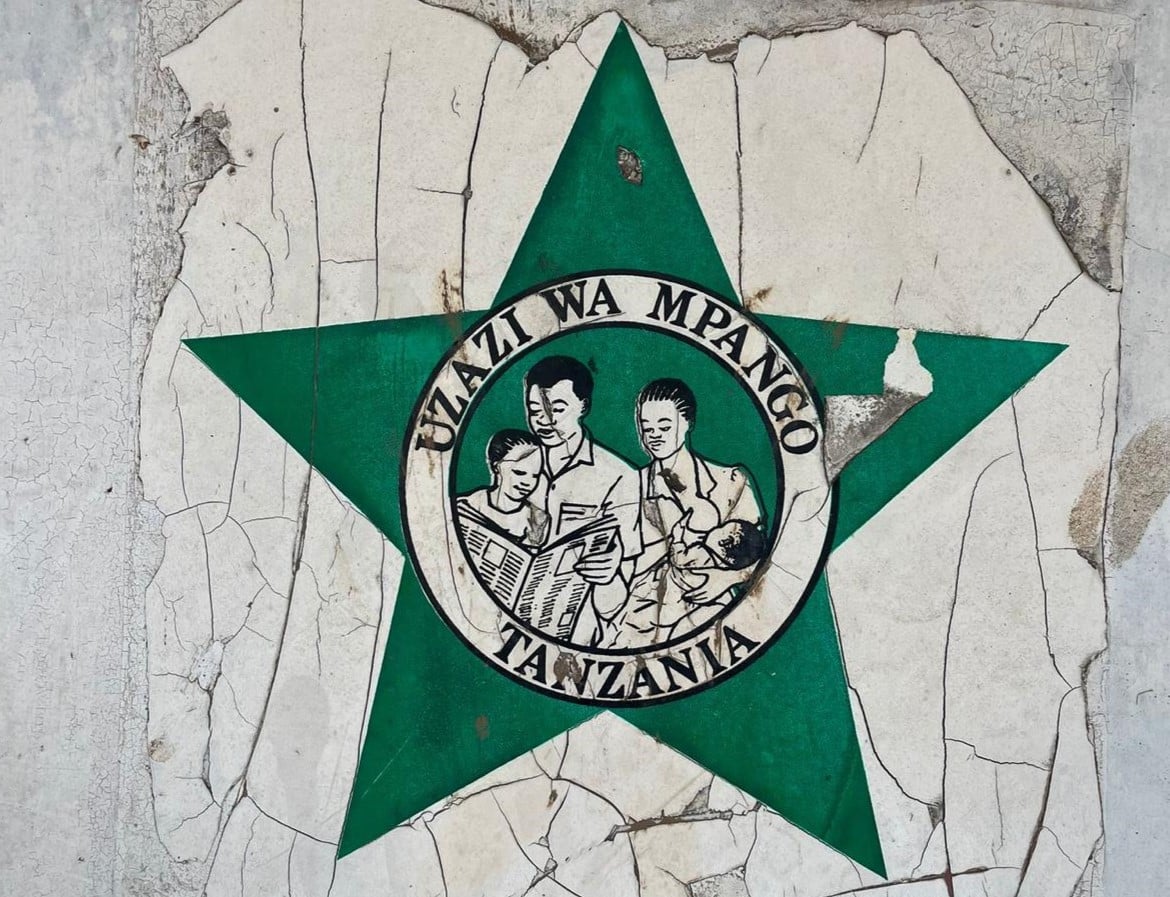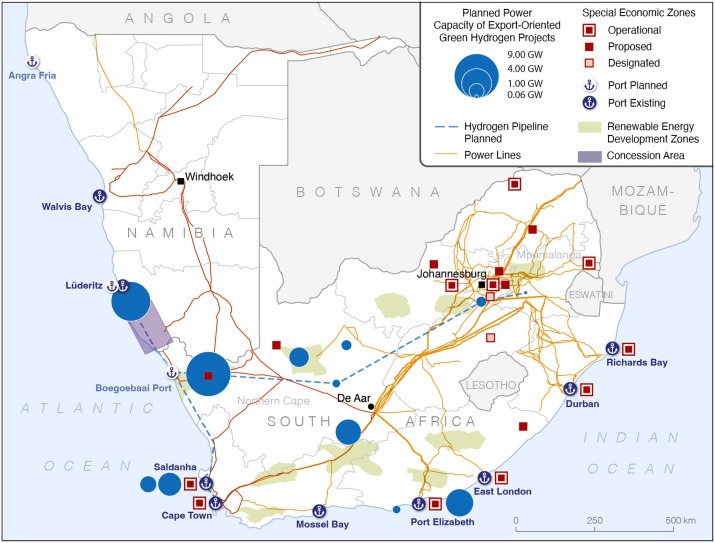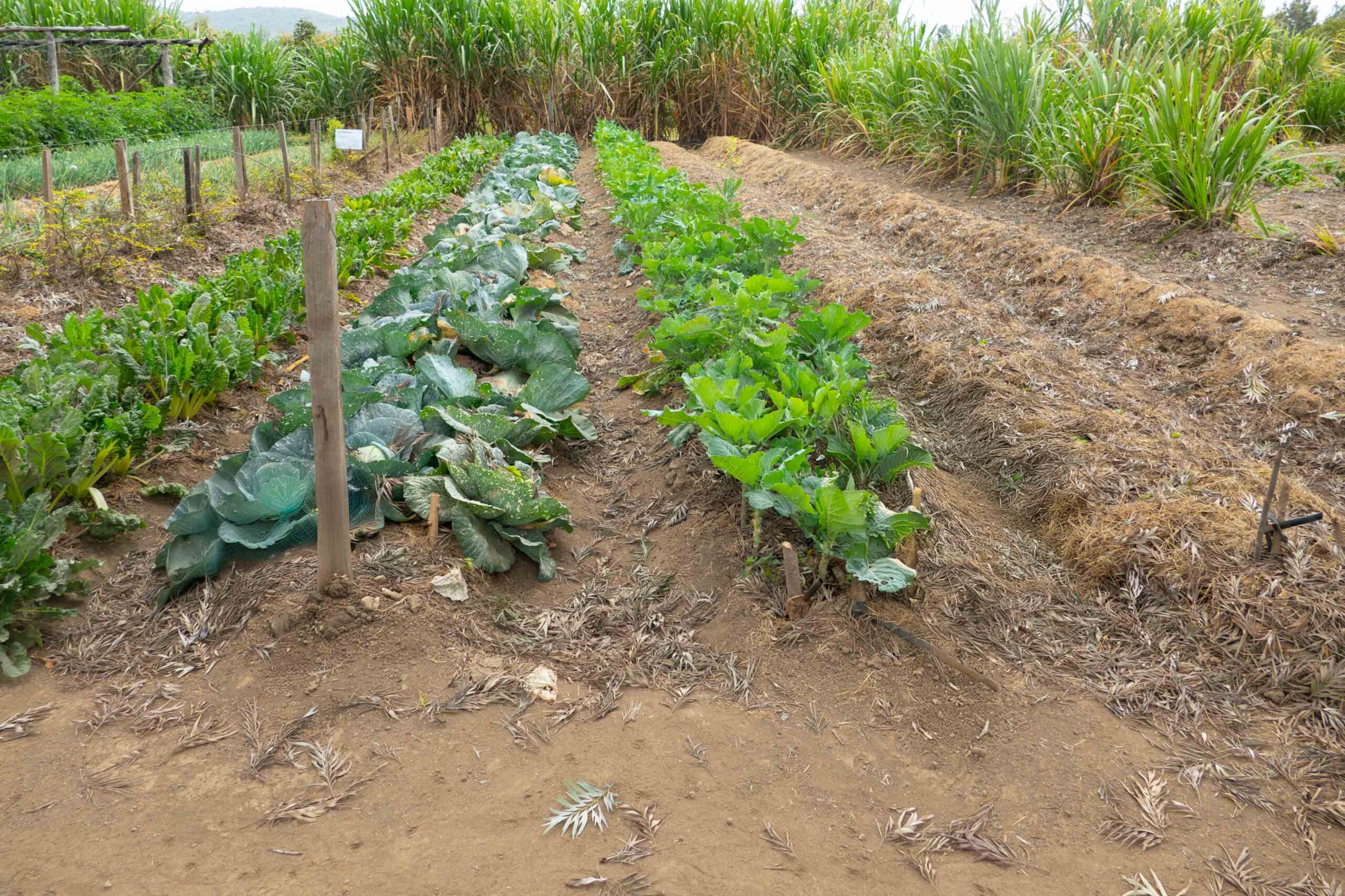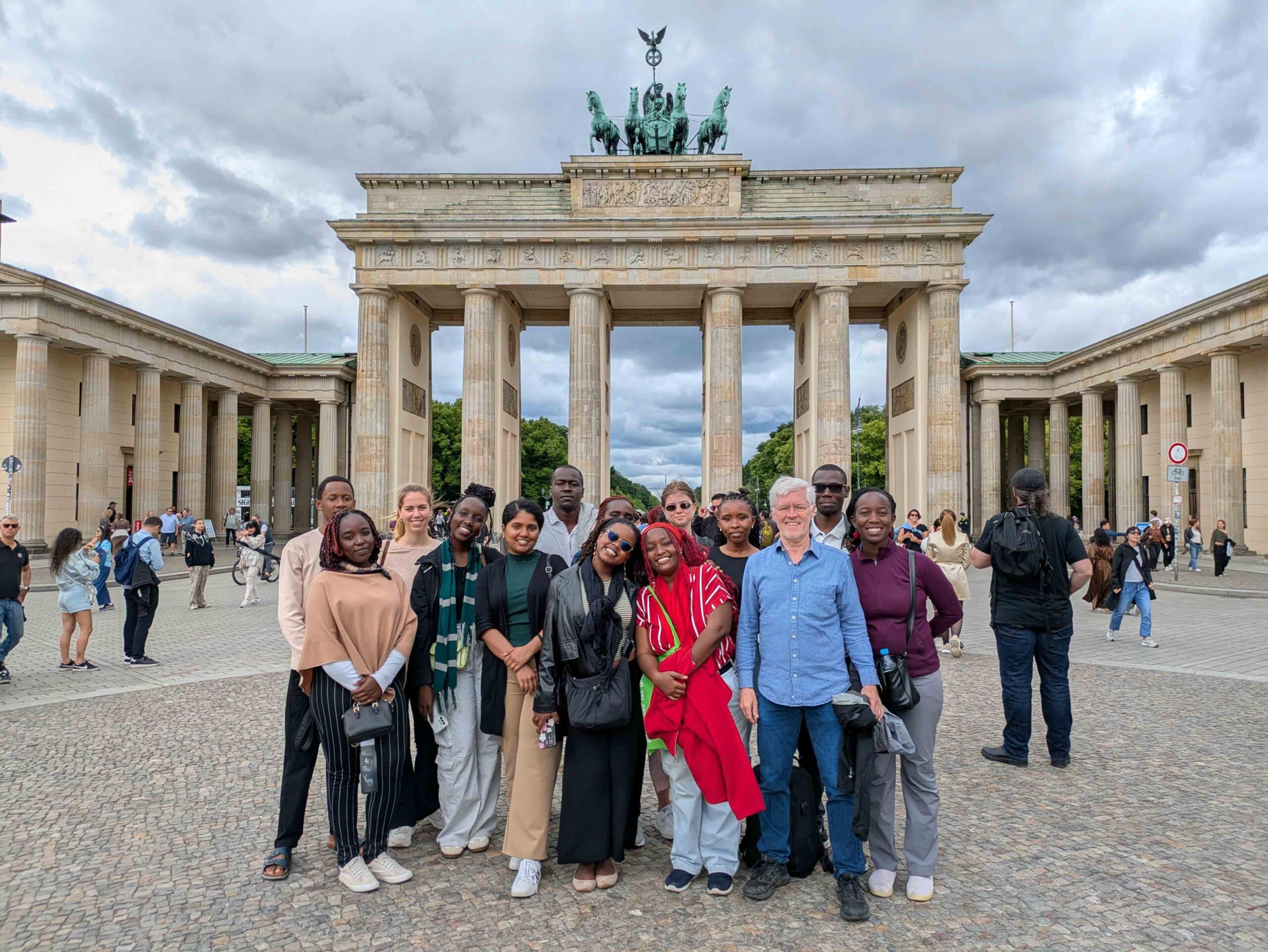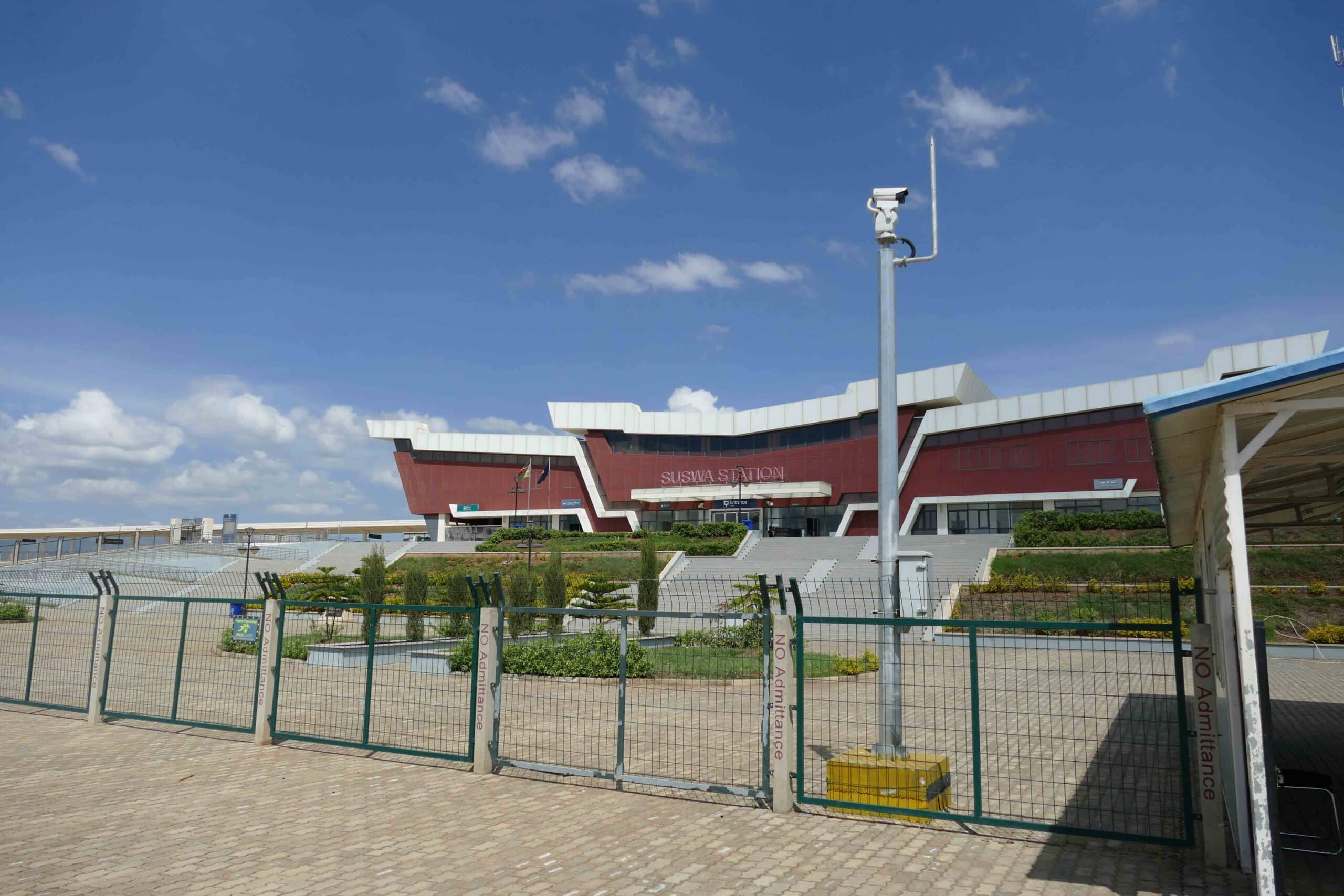The recently published special issue “Failed Futures” of Zamani: A Journal of African Historical Studies, published by the University of Dar es Salaam, features contributions by several Future Rural Africa researchers. This issue of Zamani seeks to analyse how different approaches to the future, and also surprises and unintended side-effects, have informed the politics and practices of planning in Tanzania and its various regions. It features contributions by Future Rural Africa researchers Ulrike Lindner, Frank Edward, Jonathan Jackson, Emma Minja, Musa Sadock and Veronica Kimani.
Special Issue: ‘Failed Futures’
Introduction: Failed Futures? (Post)-colonial Planning and Future-making in Tanzania
Ulrike Lindner (Project C07 Health Futures)
Abstract
Future-making and planning as social practices are strongly related to the surrounding society’s political structures and power relations. In this special issue of ZAMANI, we conceptualize future-making as physical changes and social practices that shape future conditions by making future an issue in the present. We analyse how different approaches to the future, and also surprises and unintended side-effects, have informed the politics and practices of planning in Tanzania and its various regions. When we ask: “Failed Futures?” we address future in the plural, a term that has diffused into historical scholarship rather recently and originates from futurology/future studies, known as the interdisciplinary study of possible, desirable, and probable future developments and design options as well as their prerequisites. The term “futures” tries to capture the image of past spaces and different possibilities that historical actors can and could choose. As historians, we generally address past futures in such a sense that we look at past planning and future-making in order to understand the aspirations and hopes that were present at the time period we choose to analyse. Furthermore, if we look at the larger contexts among the future-making designs of past times, then interest groups and conjunctures of certain future horizons become visible and can be historically investigated.
Jonathan M Jackson (Project A02 Past Futures)
Abstract
This article considers the centrality of waterways in the Kilombero Valley of Tanzania to the region’s histories of development from above, particularly in terms of infrastructure, crop production, trade, and transport. Early colonial investigations hoped Kilombero’s riverine system might prove a navigable link from the coast to the Southern Highlands. The British colonial era instead focused more on utilising riverine networks for internal goods transport. Throughout these colonial visions – simultaneously ambitious and naïve – the prevalent dug-out canoe was considered unsafe, inefficient, and replaceable by modernised methods. But the canoe – a symbol of indigenous knowledge and practice – prevailed in the wake of failed efforts to effect such change from above. Kilombero’s waterways are indelibly entwined to its environmental, social, and economic landscapes, yet efforts by colonial powers to establish systems of river transport – whether to transport produce from valley depths towards railheads and markets, or as part of wider networks – were repeatedly frustrated. This article first offers a survey of this period of flawed development efforts, and then considers how perspectives on waterways as infrastructure shifted into the postcolonial era through ambitious schemes for hydropower and irrigation, when visions for rail and roads replaced rivers as the means for systematic conveyance. Waterways also complicated communications, and successive governments neglected the impacts of waterways and their annual inundations on the mobility of local communities. While floods brought agricultural fertility, they also destroyed crops and isolated communities, threatening lives and livelihoods. As a coda, the article notes how the first bridge over the Kilombero was only opened in 2018, ending decades of regional isolation and a stream of fatalities from ill-fated ferry crossings, highlighting this contested environment in which much of life was defined by its waters.
Emma Athanasio Minja (Project C03 Green Futures)
Abstract
Hydropower development in the Global South has attracted several donor programmes for decades. How have such interventions shaped energy imaginations in Tanzania? Adopting a historical perspective and drawing on transnationalism and travelling frameworks, this article examines hydropower aid interventions and the dynamic shifts of specific actors and discourses in bilateral relations. The primary focus is on Norway, a leading actor in planning the Stiegler’s Gorge hydropower project in Tanzania’s Rufiji Basin in the 1970s to mid-1980s. It seeks to understand how, despite substantial aid support, the project failed to kick off in the face of the country’s post-independence drive for industrialisation. The study unravels a history of shifting and sometimes conflicting discourses, offering a richer and more nuanced understanding of the hydropower imagination and the role of Norway in planning hydropower development in Tanzania.
Health Infrastructure Planning in Tanzania, 1961-1980s: The problems of future-making
Frank Edward (University of Dar es Salaam) and Ulrike Lindner (Project C07 Health Futures)
Abstract
Between 1961 and 1978, Tanzania invested significantly in the health service provision – from training requisite manpower, provision of health education to building the necessary infrastructure in order to improve health conditions of the population. As existing research indicates, the investment paid off considerably in qualitative terms, for instance, with a gradual increase in life expectancy and a decline in infant mortality. This paper examines the vision of the state of health in Tanzania by using the prism of infrastructure. Its focus is on direct and indirect physical infrastructures, particularly medical buildings and facilities. Through the analysis of archival and documentary sources, the paper contends that the vision of the state on health centred on provision of primary healthcare in the rural areas without paying enough attention to the broader population dynamics and critical health challenges. This set the antecedents for crisis in the health sector that unfolded in the neoliberal era, particularly in the 1980s. The latter position challenges the long-established narrative in neoliberal and health policies’ literature that infers that health conditions started deteriorating in the postcolonial era due to neoliberal policies. As such, the paper presents a comparative juxtaposition of socialist and early neoliberal health infrastructures in Tanzania and contributes to knowledge on the futures of public health in the Global South. It concludes by arguing that although the policy of rural health improvement was translated through construction of primary health infrastructure, the latter acted as a denial tool for the best healthcare infrastructure to rural populations.
‘Prevention is Better Than Cure’: Smallpox Vaccination in Postcolonial Tanzania, 1961–1980
Musa Sadock (Project C07 Health Futures)
Abstract
This article examines the smallpox vaccination programme in postcolonial Tanzania from the 1960s to the early 1980s as part of the postcolonial future making in preventive medicine. The article departs from extant scholarship on smallpox vaccination in postcolonial Tanzania, which depicts the intervention as a success, while relegating to the background challenges associated with the intervention. The article argues that the smallpox vaccination programme registered challenges and successes that offer lessons for combating of future epidemics. The achievements of the programme were due to the adoption of specific public health policies, namely mass vaccination and public health education as well as reception of external assistance from the World Health Organization and donor countries, the use of ten-cell house structure, and political mobilization. The obstacles included administrative, transport, and cultural problems. The article adds to the historiography of public health in Tanzania, and it has the potential of offering lessons on dealing with present and future epidemics, especially Covid-19 and Mpox.
Luoneko Kaduma (University of Cologne)
Veronica Kimani (Project C07 Health Futures)
Abstract
This paper focuses on the Tanzanian government’s ambitious endeavour to enhance health, particularly midwifery services following independence. The initial strategy by the government involved promoting Western medicine by establishing healthcare facilities and training medical personnel. However, the strain of a burgeoning population and limited resources soon became evident, prompting the government to recognise the need for the incorporation of traditional medicine, previously overlooked. This integration posed its own set of obstacles, as the focus on herbal remedies overshadowed crucial aspects of conventional midwifery, such as rituals. While research has shown the resolve of the government towards medical integration between different players, this paper shows that incorporating other actors such as voluntary agencies and traditional health workers proved a formidable task for the post-independent government. Using examples from Kilombero District, this paper examines the complexities and setbacks of government planning in this context, highlighting how the intended path to improvement took unexpected turns, failures, and detours, leading to a re-evaluation of strategies and priorities on the part of the government, while the people embraced a hybrid of medical therapies.
References
Edward, F., Lindner, U. 2024. Health Infrastructure Planning in Tanzania, 1961-1980s: The Problems of Future-making. Zamani: A Journal of African Historical Studies. Vol 1: no. 1 (2024), DOI
Jackson, J.M. 2024. ‘Sold Down the River’: Histories of Production, Trade, and Transport along the Waterways of the Kilombero Valley, Tanzania. Zamani: A Journal of African Historical Studies. Vol 1: no. 1 (2024) DOI
Kimani, V. 2024. Nurturing Traditional Midwifery and Medicine: The Entangled Path of Health Integration in Post-Independence Kilombero, Tanzania. Zamani: A Journal of African Historical Studies. Vol 1: no. 1 (2024), DOI
Lindner, U. 2024. Introduction: Failed Futures? (Post)-colonial Planning and Future-making in Tanzania. Zamani: A Journal of African Historical Studies. Vol 1: no. 1 (2024), DOI
Minja. E.A. 2024. Imagining Hydropower: Transnational Narratives and Realities of the Stiegler’s Gorge Project in Tanzania, 1960s–1980s. Zamani: A Journal of African Historical Studies. Vol 1: no. 1 (2024) DOI
Sadock, M. 2024. ‘Prevention is Better Than Cure’: Smallpox Vaccination in Postcolonial Tanzania, 1961-1980. Zamani: A Journal of African Historical Studies. Vol 1: no. 1 (2024), DOI

